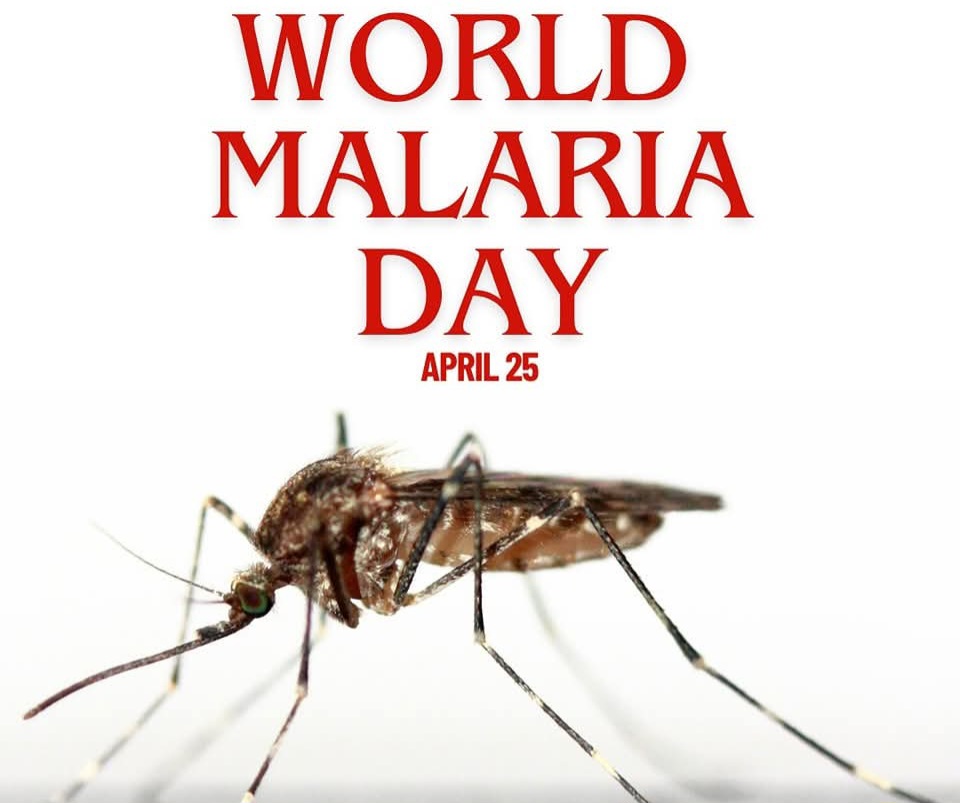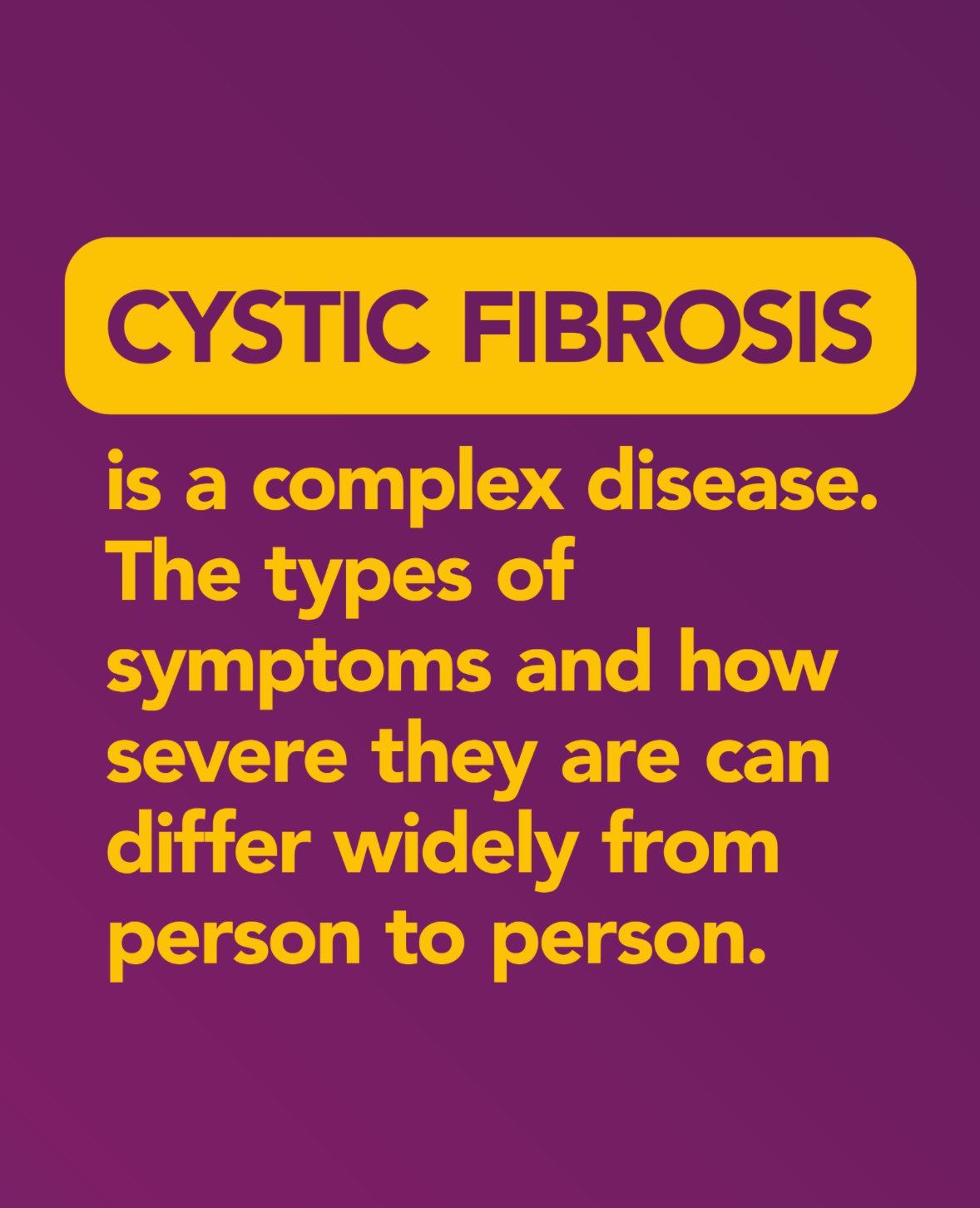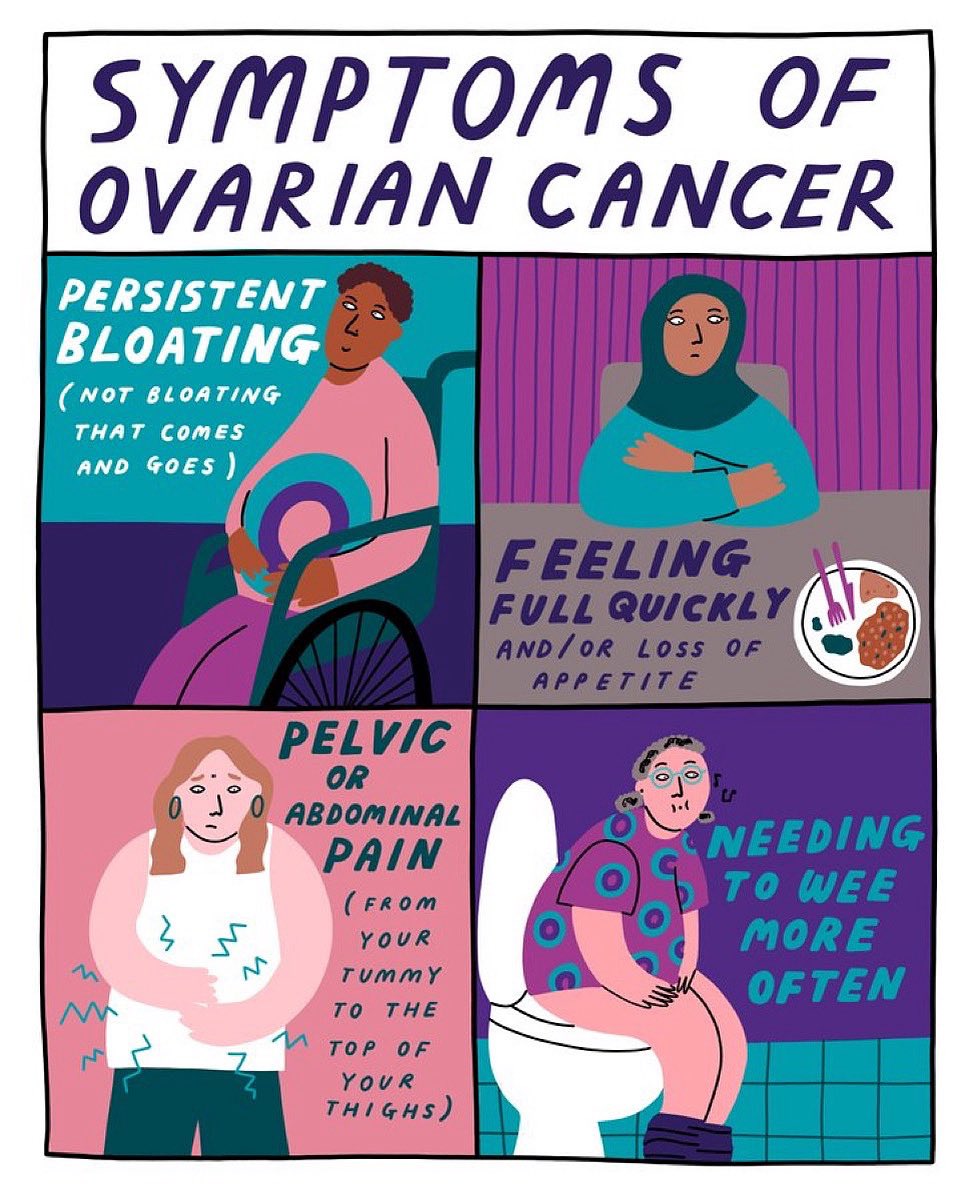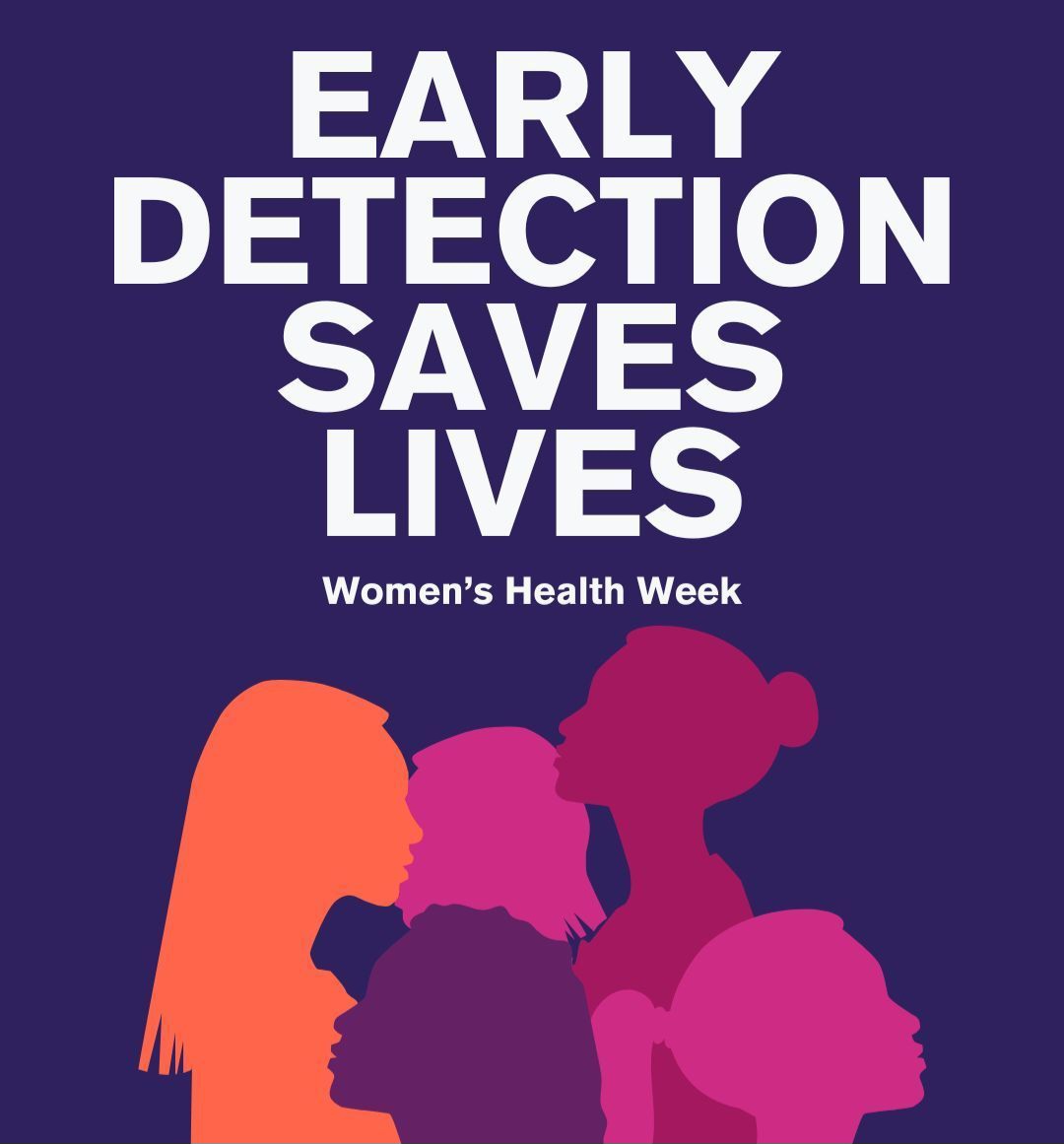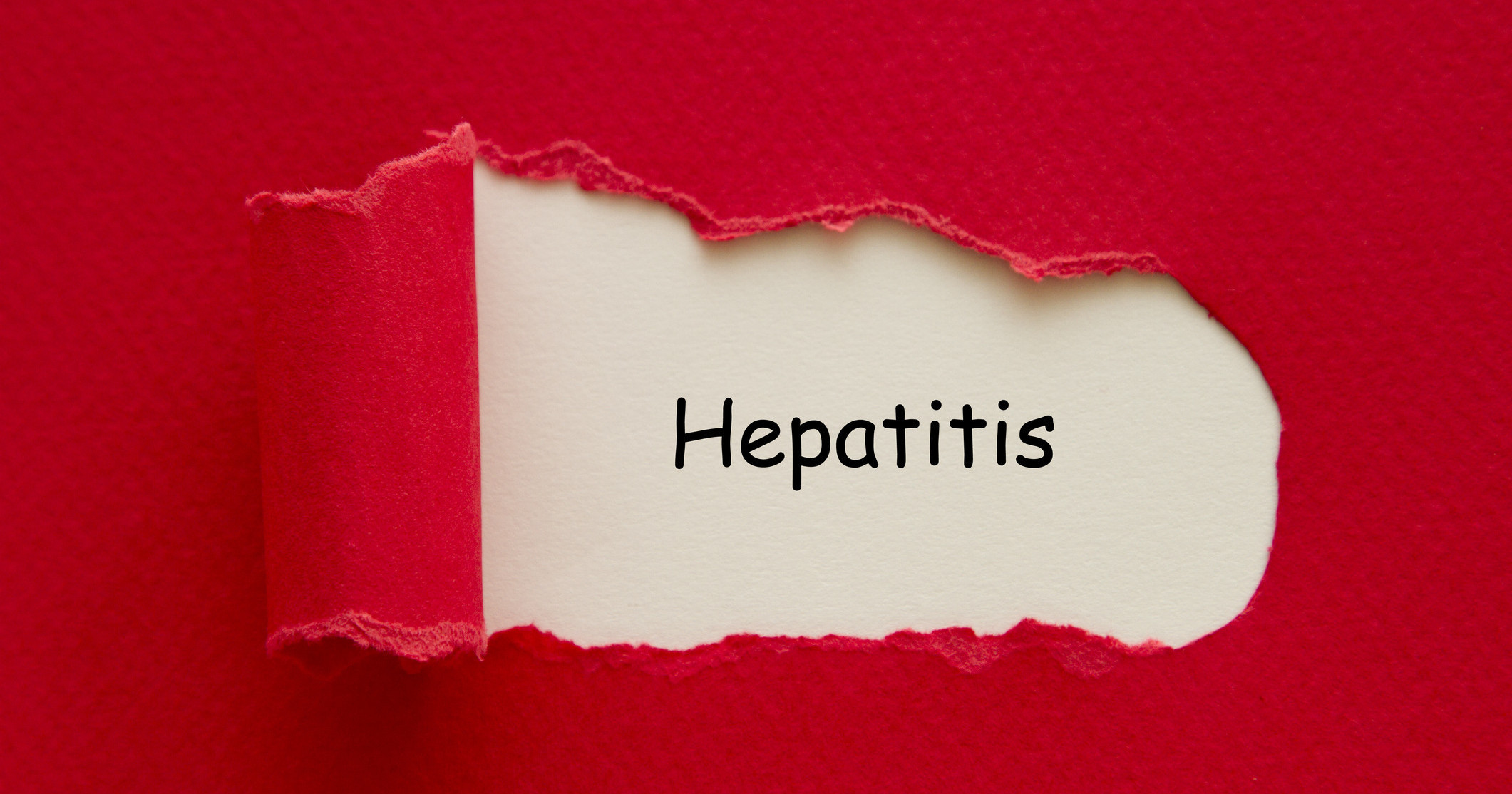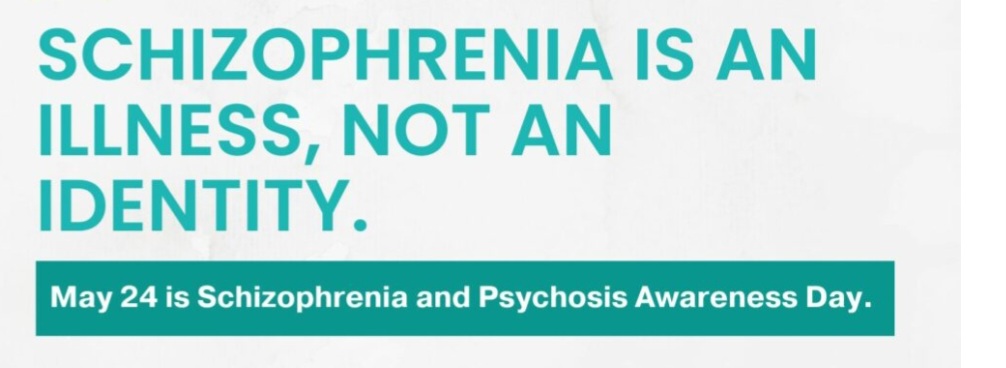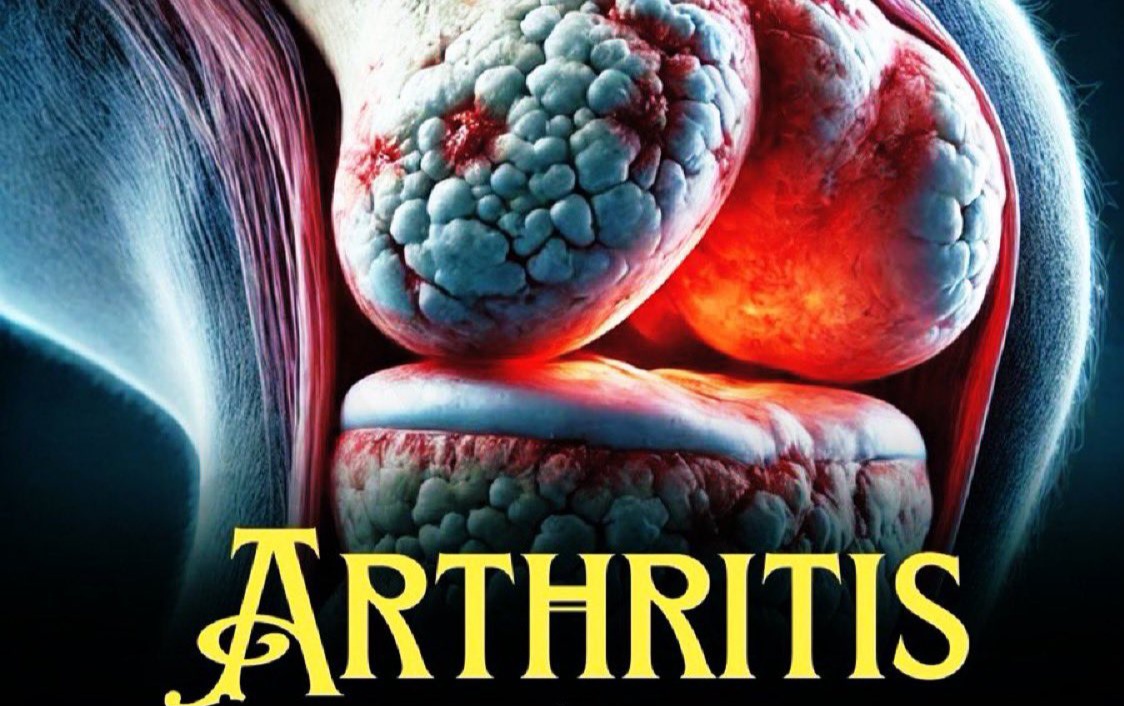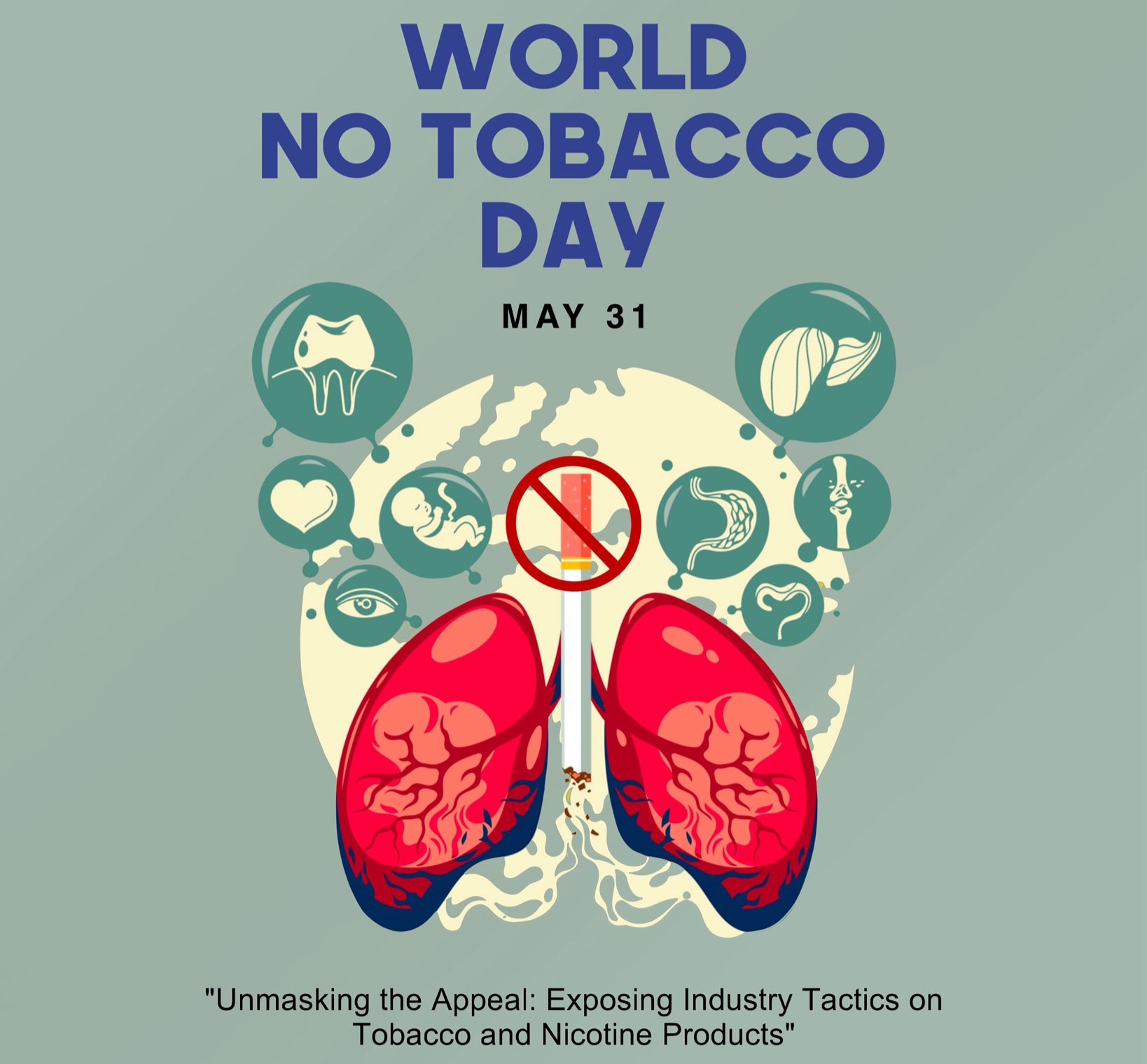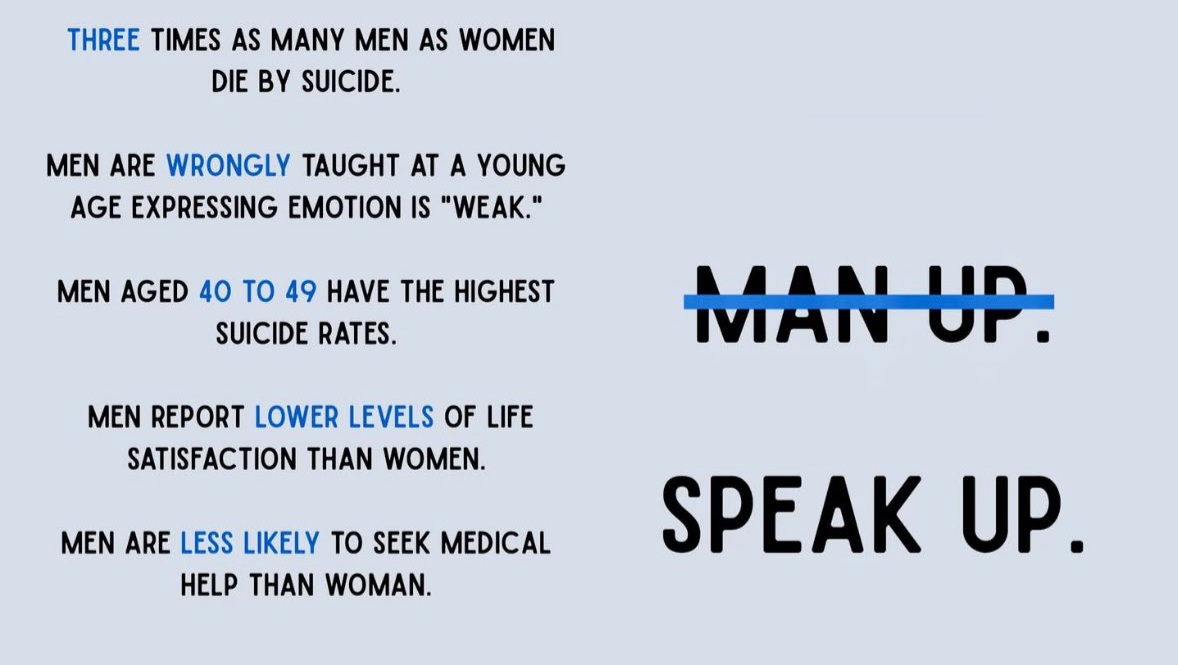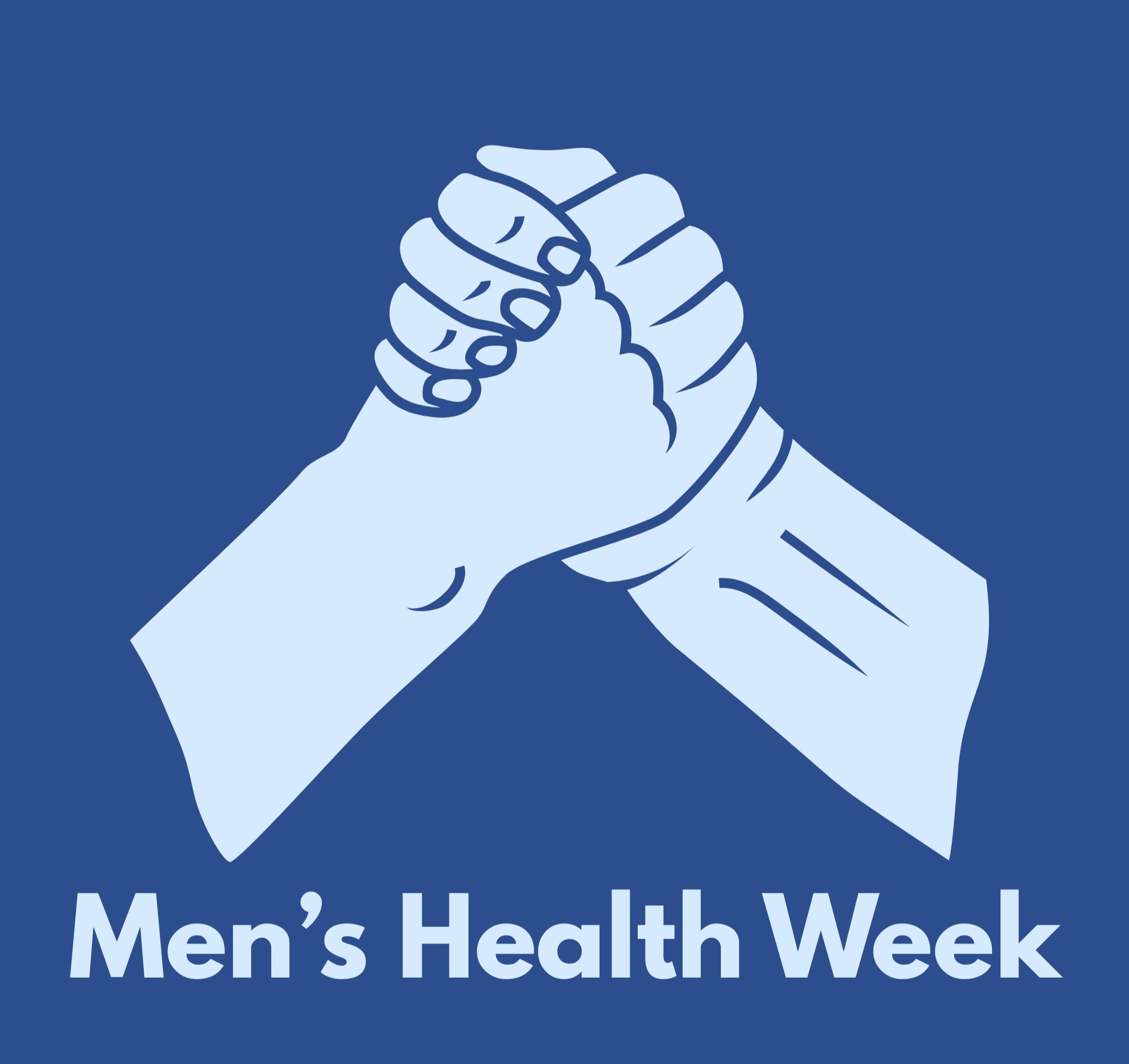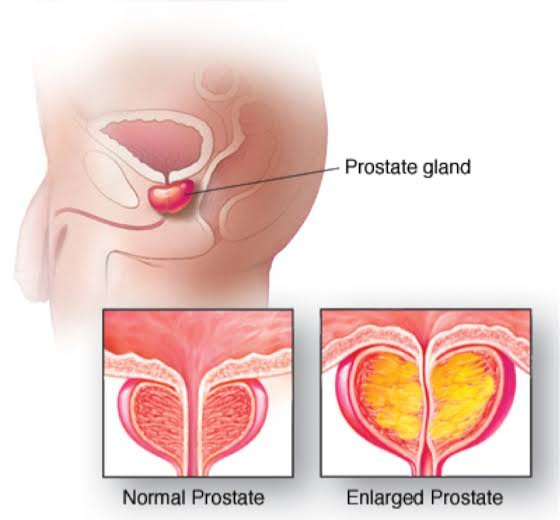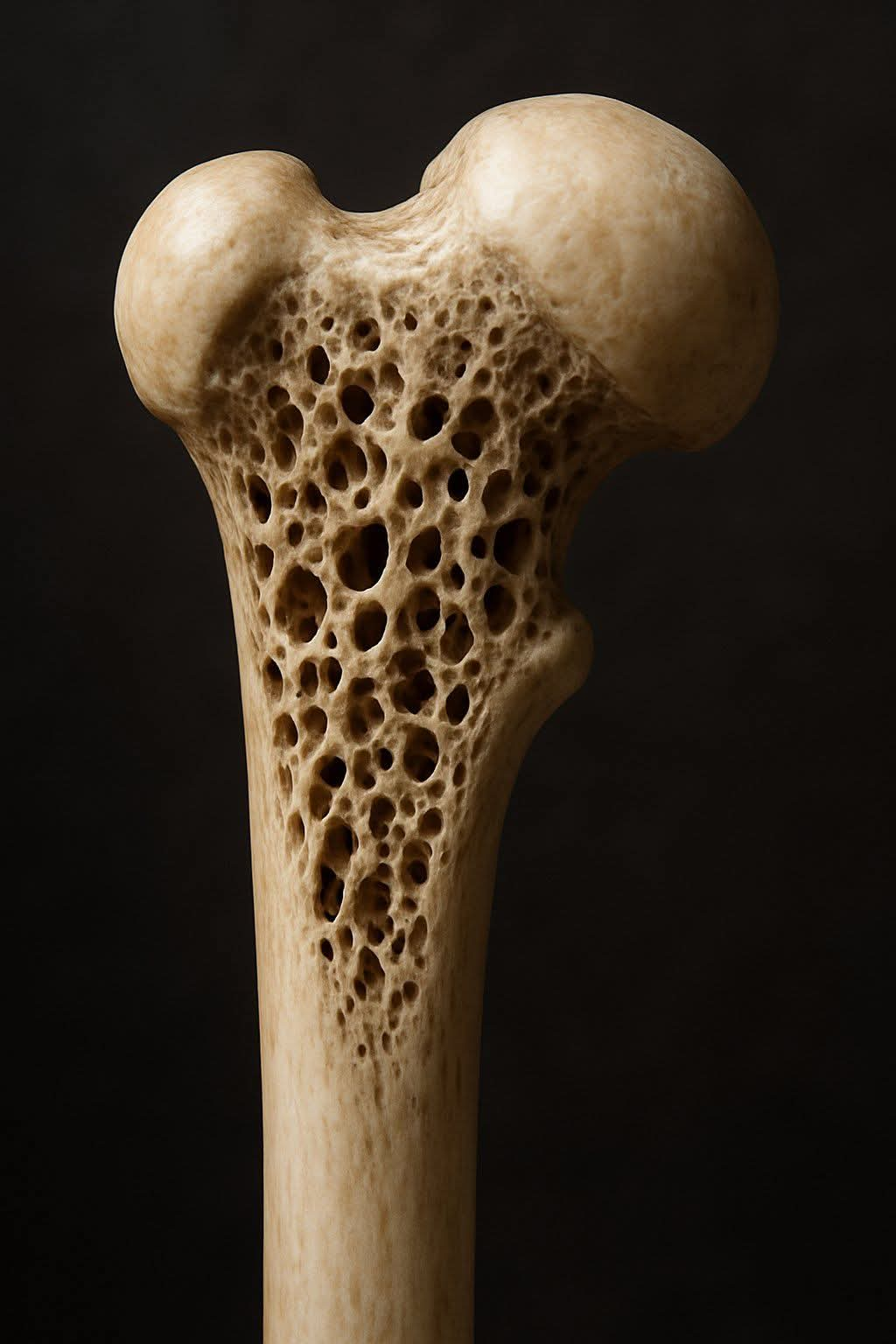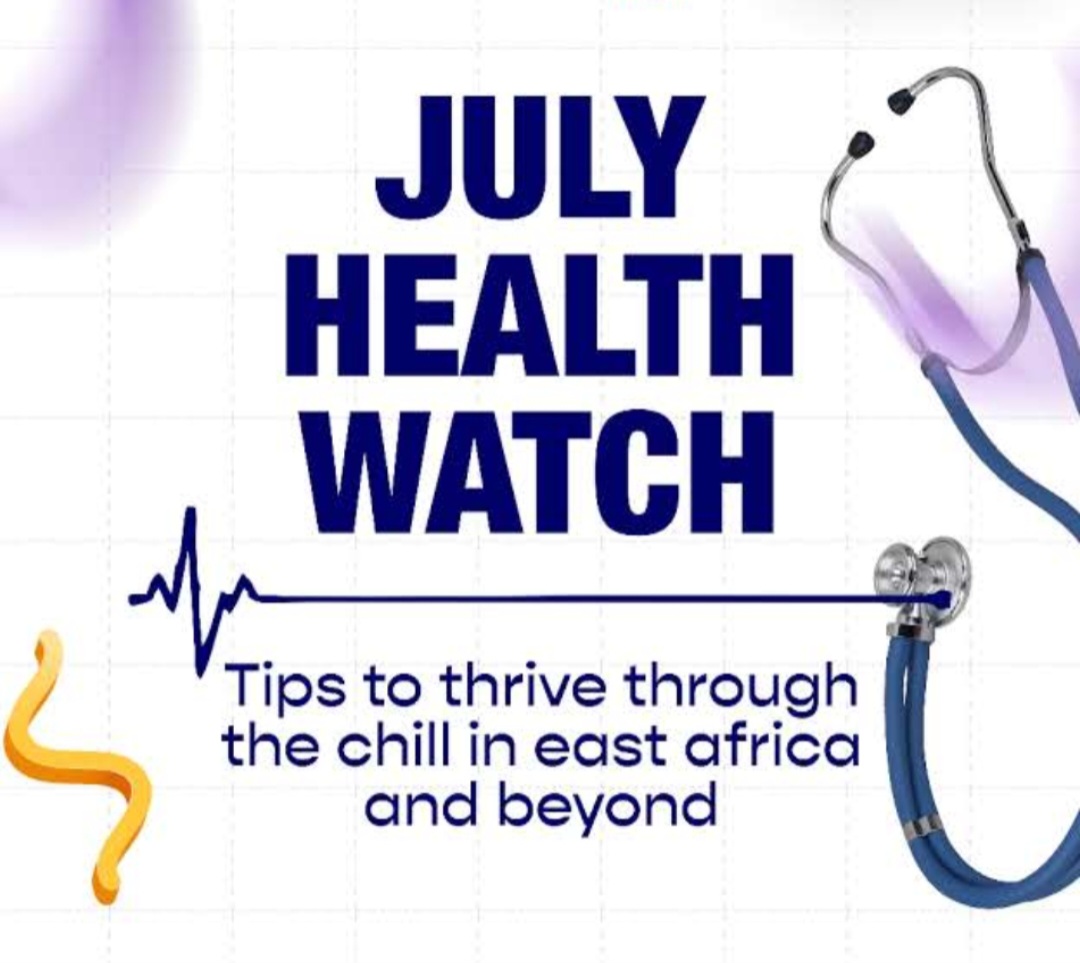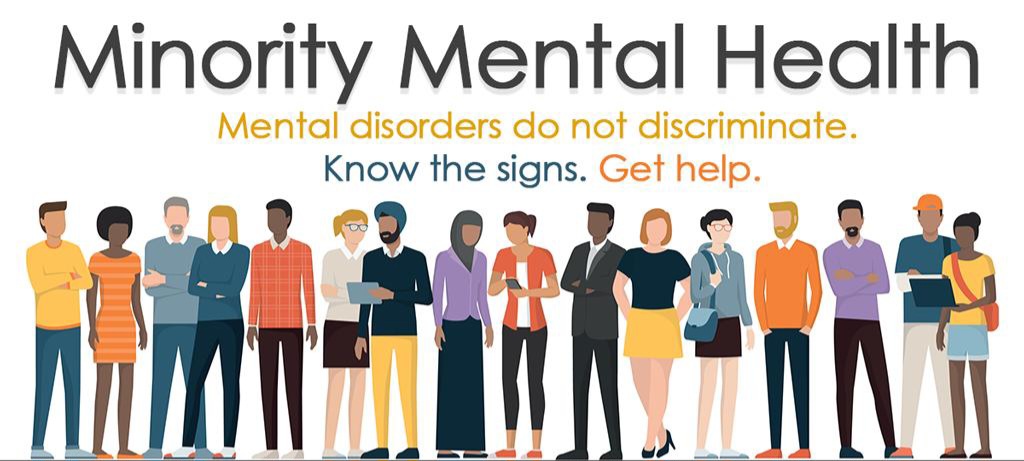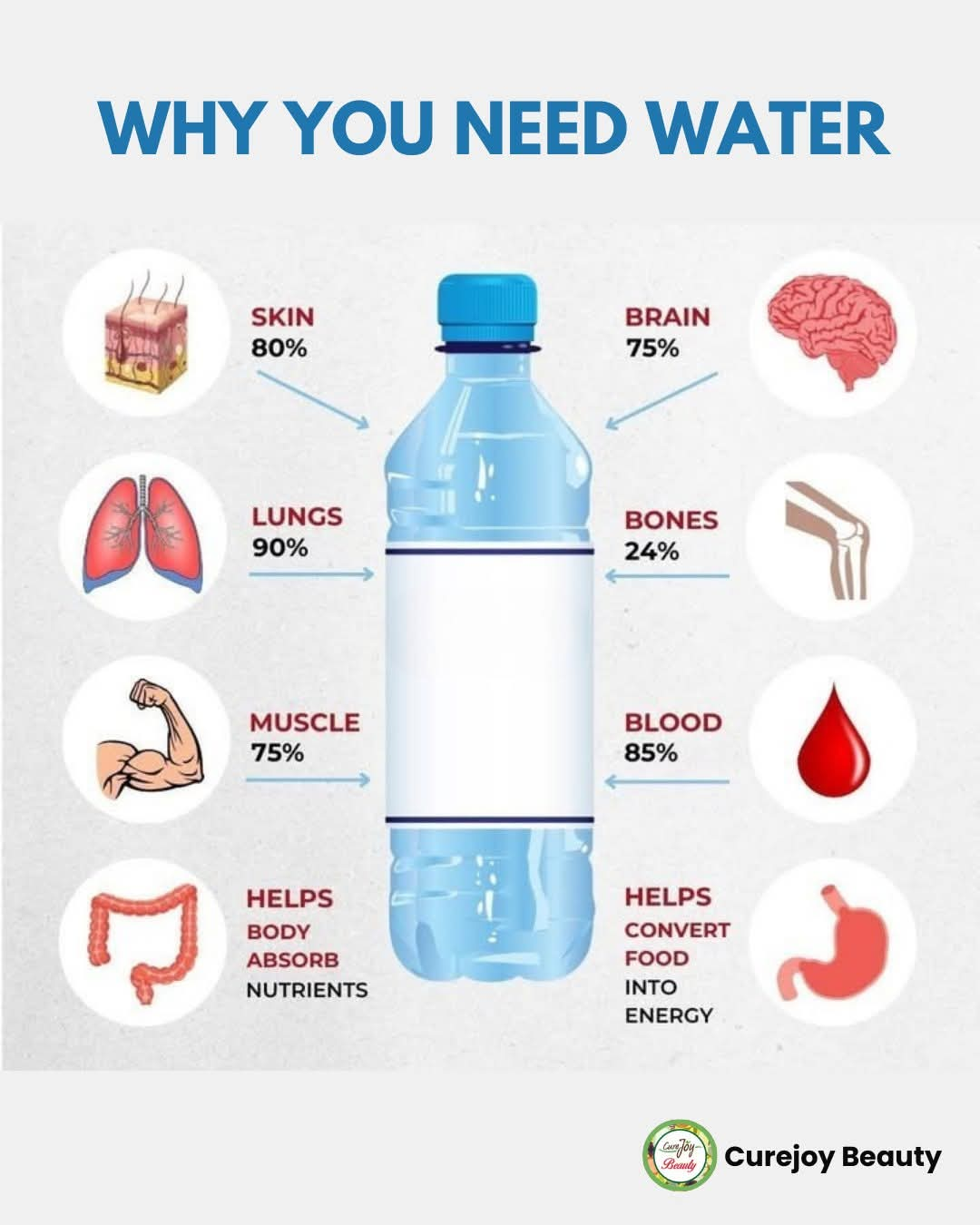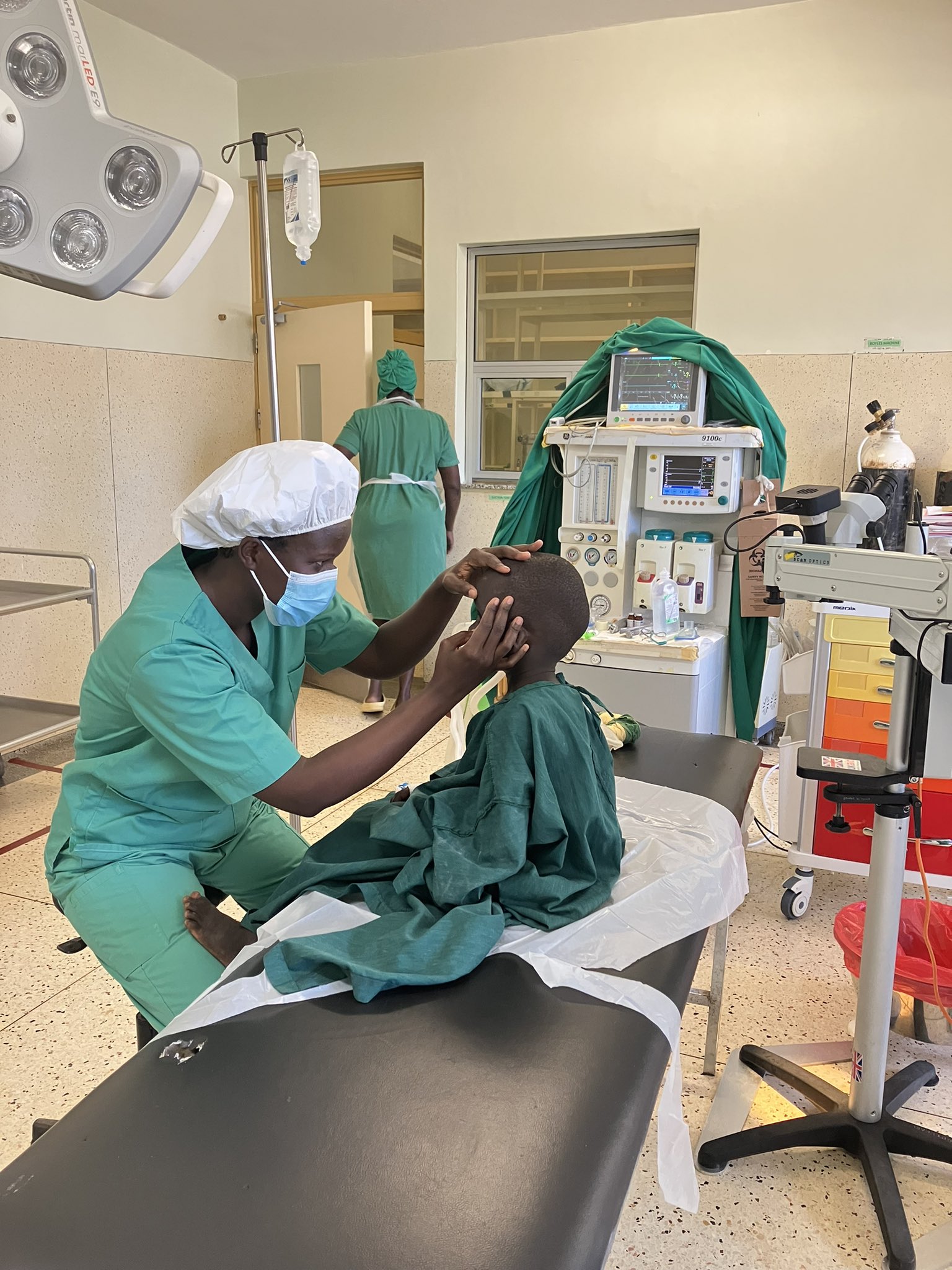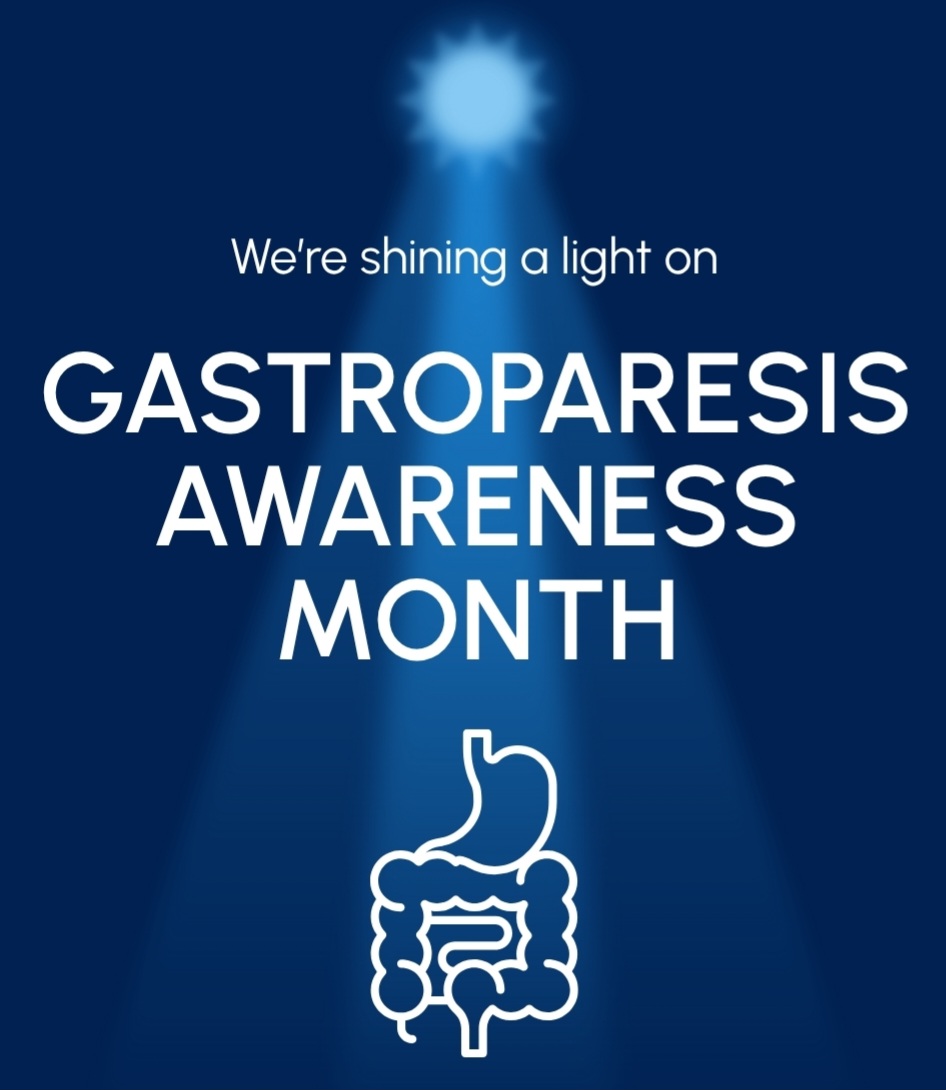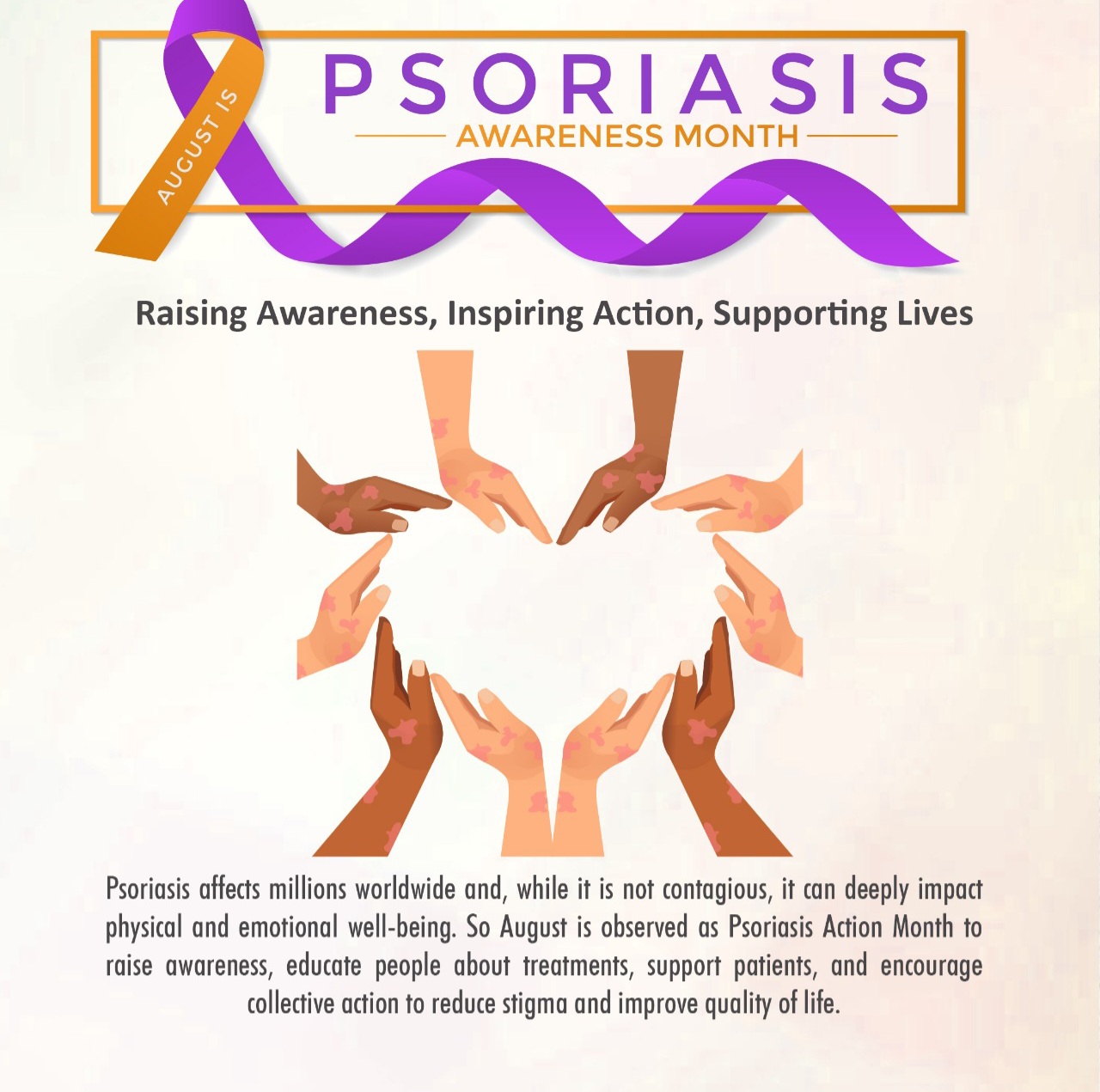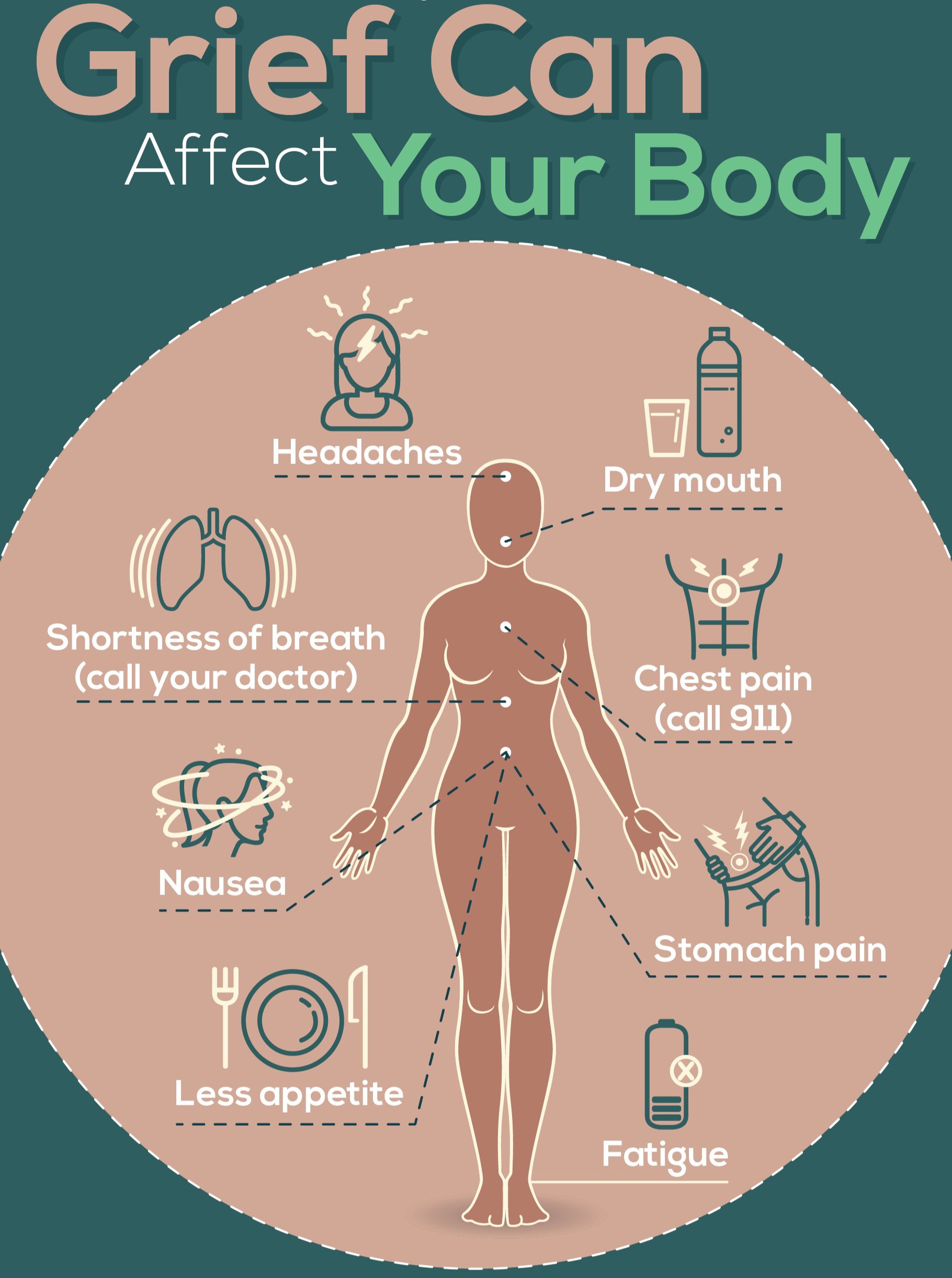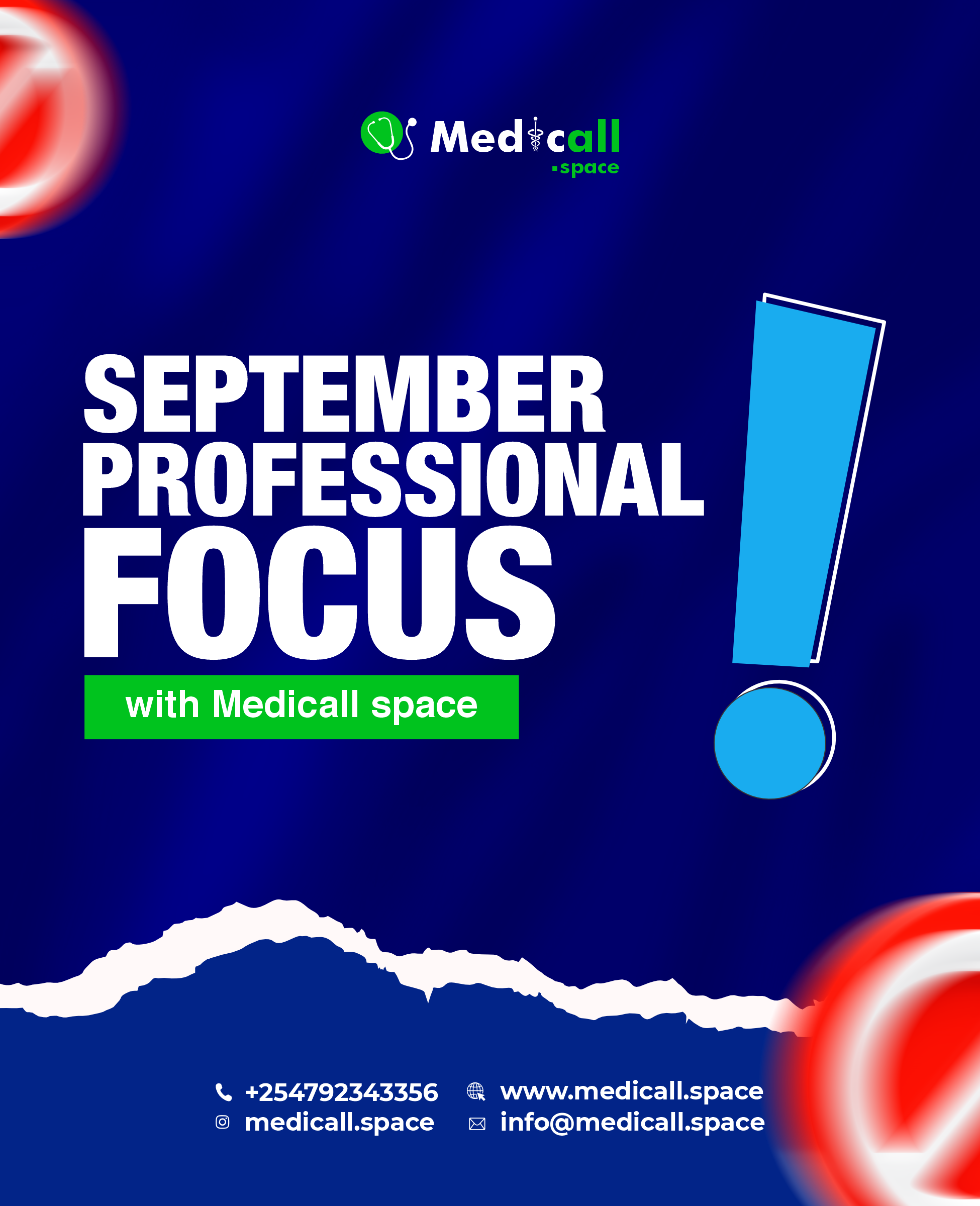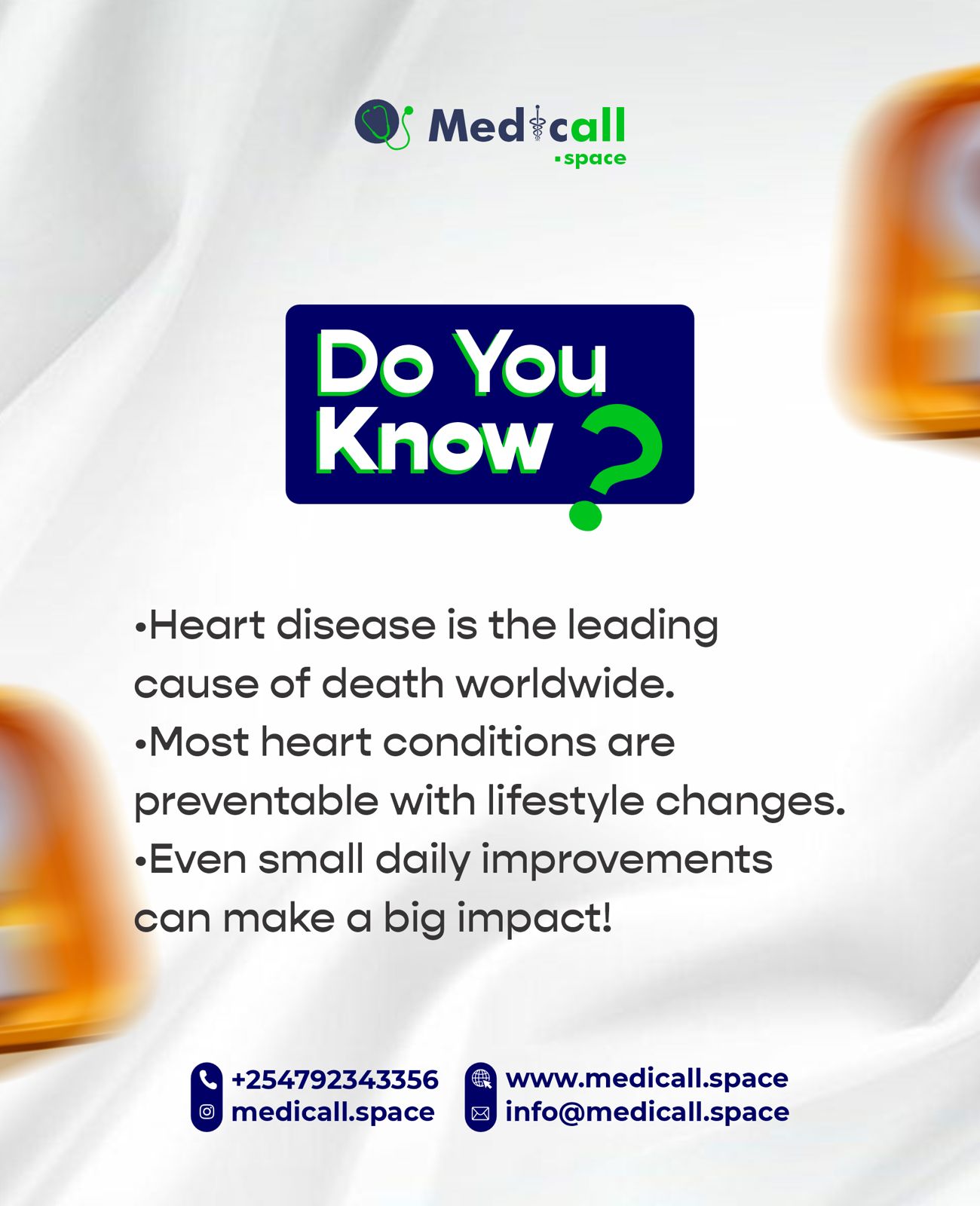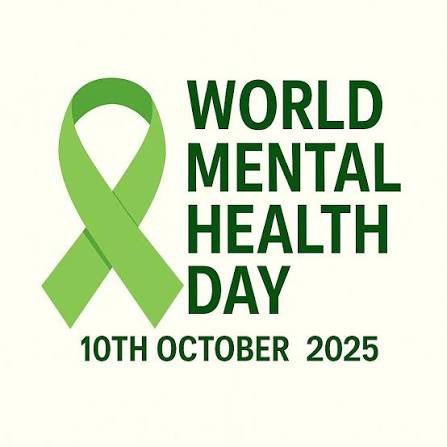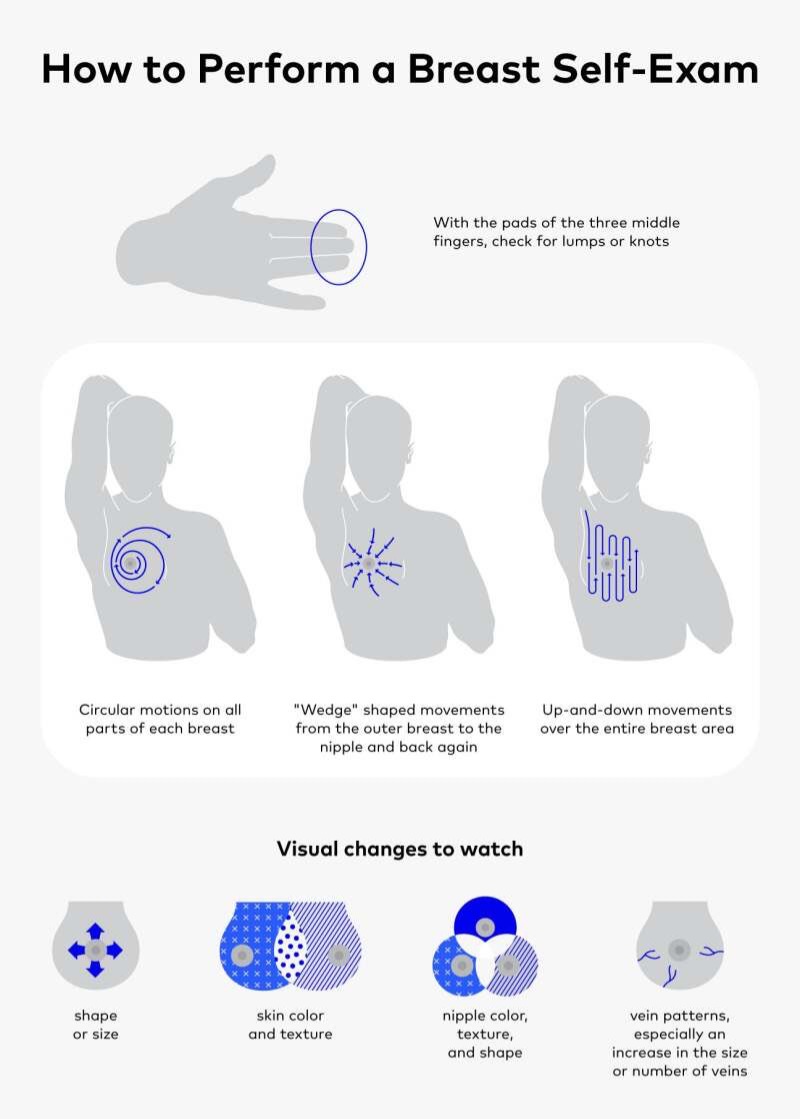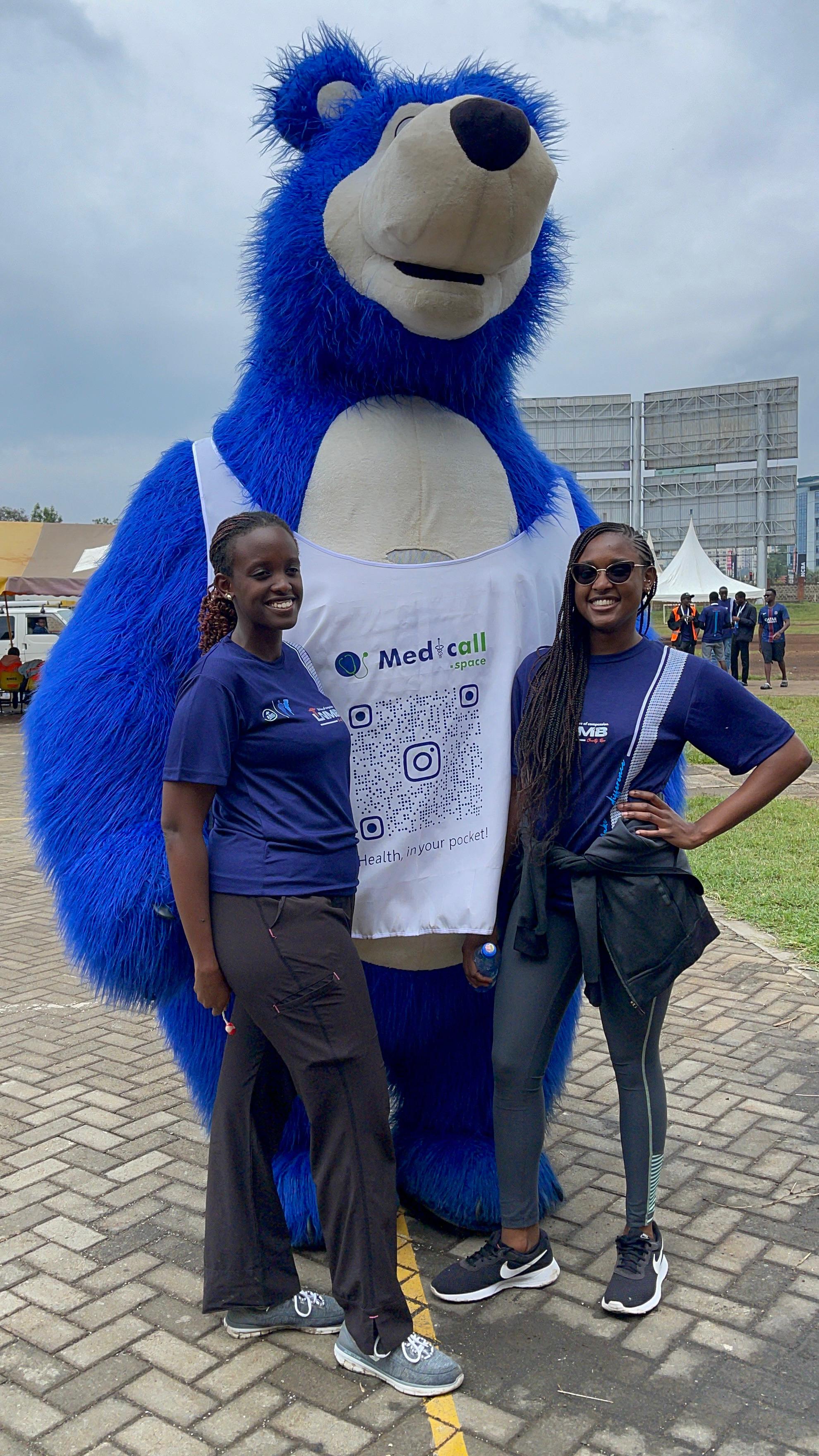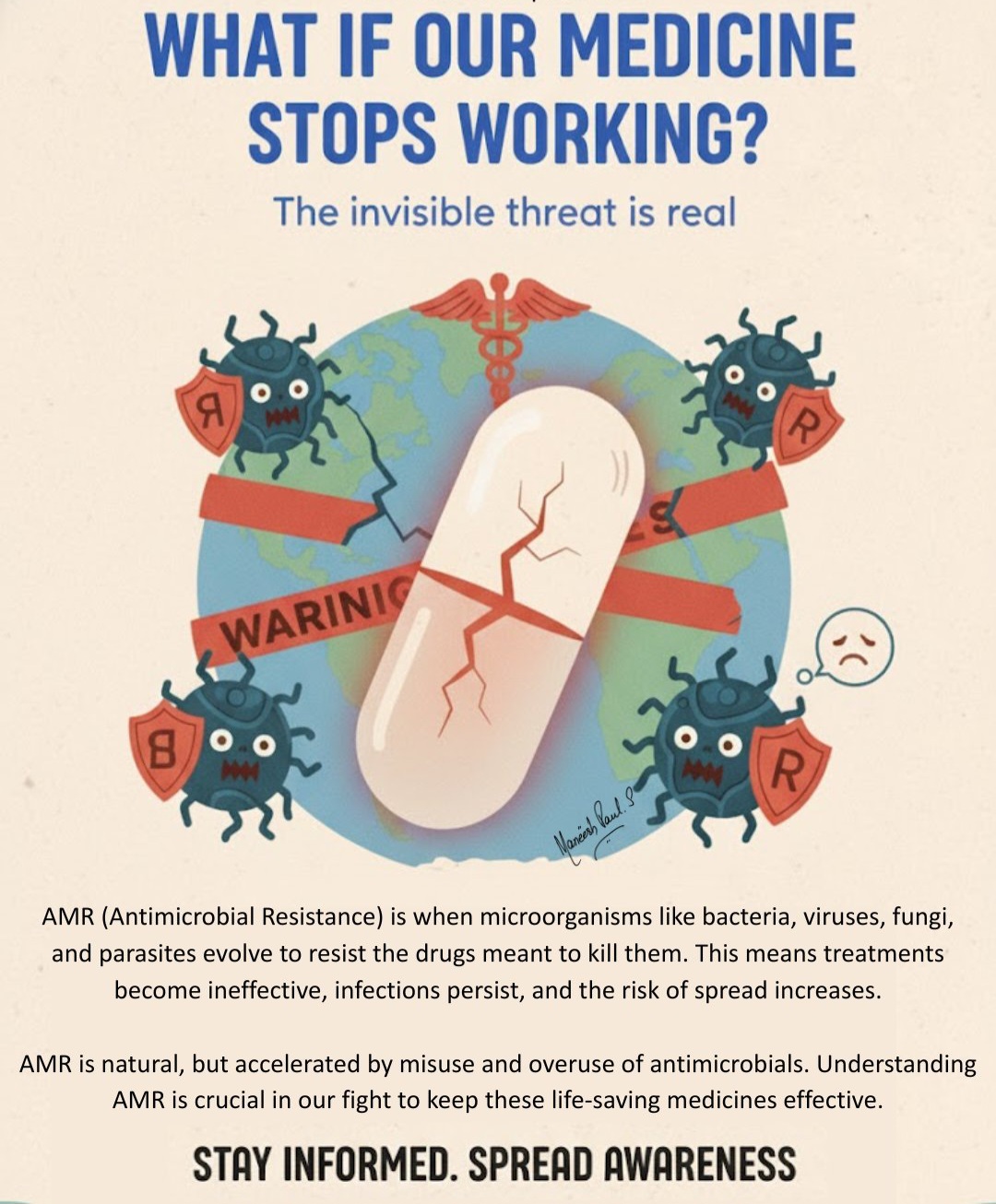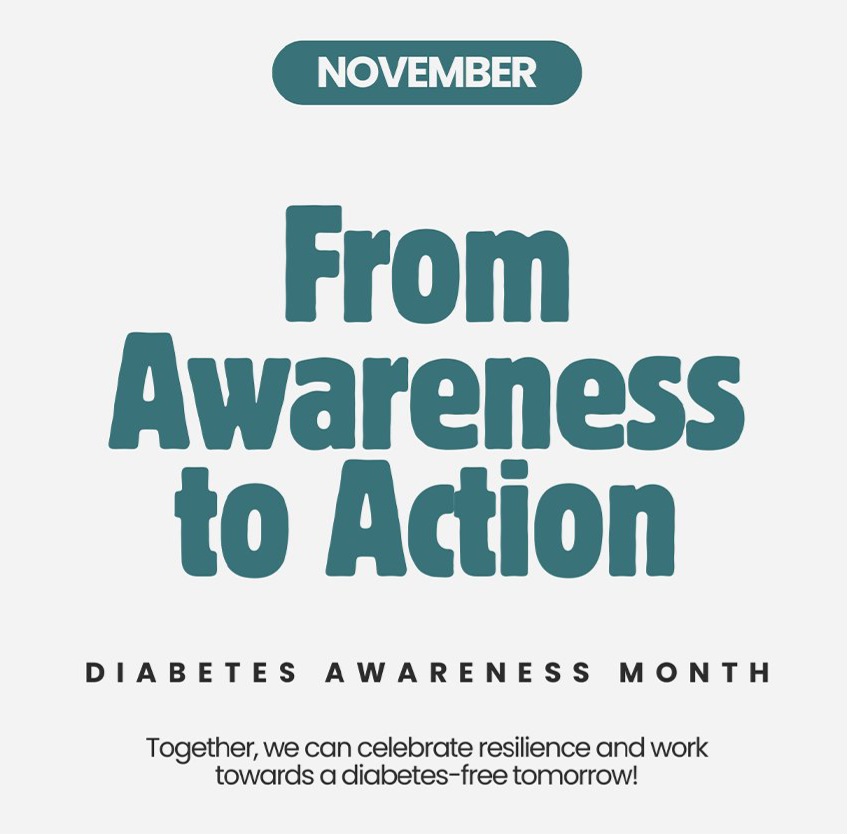Some common physical conditions or illnesse may occur in your newborn during the first couple of weeks. Always contact your pediatrician when you notice any of these:
1. Abdominal distension
Mostly, a baby's belly can normally stick out, especially after a large feeding. However, the belly should feel soft between feedings.
If your child's abdomen feels swollen and hard, and if she has not had a bowel movement for more than one or two days or is vomiting, contact a pediatrician. Usually it could be gas or constipation, but could also signal a more serious intestinal problem.
2. Birth injuries
Your baby can be injured during birth, especially if labor is long or difficult, or when they are very large.
Such injuries include a broken collarbone which normally heals quickly. If it persists, consult the doctor.
Muscle weakness due to stretching during labor should also resolve after a many weeks, hence requires care such as proper holding to promote healing. Always consult your pediatrician.
3. Blue baby
A mildly blue or purple hands and feet is usually normal. Sometimes it is caused by cold and should return to normal when warm.
Face, tongue, and lips may turn a little blue when the newborn is crying hard but resolves when the baby is calm.
Persistently blue skin coloring is a sign of a respiratory issue hence should be treated as a medical emergency.
4. Unusual bowel movements
Meconium: After birth, the staff will watch for your baby's first urination and bowel movement. It may delay twenty-four hours or more. The first bowel movement or two will be black or dark green and very slimy. It is meconium, a substance that fills the infant's intestines before she is born.
If your baby does not pass meconium in the first forty-eight hours, further evaluation is required to make sure that no problems exist in the lower bowel.
Blood in stool: newborns may have a little blood in their bowel movements. If it occurs during the first few days, it could mean the infant has a little crack in the anus from stooling which is harmless. However, inform your pediatrician about any signs of blood in stool.
5. Coughing
Cough and sputter may arise from fast drinking. This type of coughing should stop as soon as her feeding routine becomes familiar. This may also be related to how strongly or fast a breastfeeding mom's milk comes down. If she coughs persistently or routinely gags during feedings, consult the pediatrician. These symptoms could indicate an underlying problem in the lungs or digestive tract.
6. Excessive crying
Newborns may cry often for no apparent reason. Sometimes the cry may be due to hunger or pain or discomfort.
If you've made sure that your baby is fed, burped, warm, and dressed in a clean diaper, the best tactic is to give them attention by rocking or any other gentle action to make them calm.
Ensure you are accustomed to your baby's patterns of crying. If it sounds strange , for instance, shrieks of pain, or prolonged it could indicate a medical issue.
7. Jaundice
Many normal, healthy newborns have a yellowish tinge to their skin, which is known as jaundice. It is caused by a buildup of bilirubin in the child's blood. Mild jaundice is harmless.
However, if the bilirubin level continues to rise and is not treated, it can lead to brain injury. Jaundice tends to be more common in breastfed newborns, most often in those not nursing well; breastfeeding mothers should nurse at least eight to twelve times per day, which will produce enough milk and keep bilirubin levels low.
Jaundice first appears on the face, then the chest and abdomen. Most hospitals screen newborns for jaundice twenty-four hours after birth.
8. Lethargy & sleepiness
Every newborn spends most of her time sleeping. As long as she wakes every few hours, eats well, seems content, and is alert part of the day, it's perfectly normal. But if she's rarely alert, does not wake up on her own for feedings, or seems too tired or uninterested to eat, you should consult your pediatrician. Lethargy—especially if it's a sudden change in her usual pattern—may be a symptom of illness.
9.Respiratory distress
It may take your baby a few hours after birth to form a normal breathing pattern, but then she should have no further difficulties. If she seems to be breathing in an unusual manner, it is most often due to blocked nasal passages. Saline nasal drops, may fix the problem. Always consult your pediatrician to advise.
Consult your peditrician when you notice the following:
- Very fast breathing
- Retractions (sucking in the muscles between the ribs with each breath, so that her ribs stick out)
- Flaring of her nose
- Grunting while breathing
- Persistent blue skin coloring
10. Umbilical cord problems
Few drops of Umbilical stump bleeding is normal. But if the cord actively bleeds, call the doctor immediately. If the stump becomes infected, it should be treated.
Inform the doctor of these rare occurrences:
- A Foul-smelling yellowish discharge from the cord
- Red skin around the base of the cord
- Crying when you touch the cord or the skin next to it
- Umbilical granuloma.
- Umbilical hernia









































































































